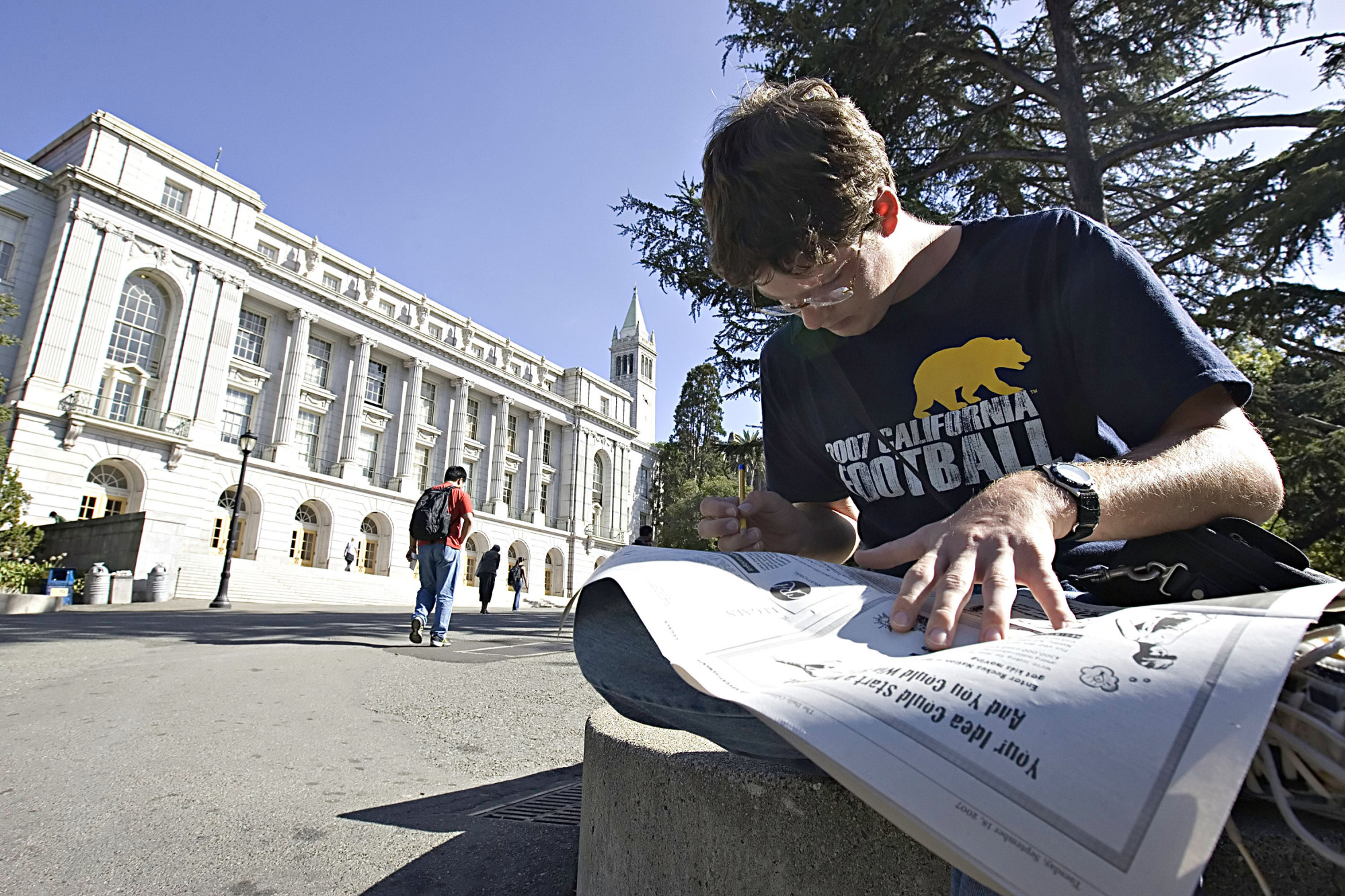The beginning of another academic year brings the certainty of campus episodes illustrating what Daniel Patrick Moynihan, distinguished professor and venerated politician, called "the leakage of reality from American life." Colleges and universities are increasingly susceptible to intellectual fads and political hysteria, partly because the institutions employ so many people whose talents, such as they are, are extraneous to the institutions' core mission: scholarship.
Writing last April in the Chronicle of Higher Education, Lyell Asher, a professor of English at Lewis & Clark College, noted that "the kudzu-like growth of the administrative bureaucracy in higher education" is partly a response to two principles now widely accepted on campuses: Anything that can be construed as bigotry and hatred should be so construed, and anything construed as such should be considered evidence of an epidemic.
Often, Asher noted, a majority of the academic bureaucrats directly involved with students, from dorms to "bias response teams" to freshman "orientation" (which often means political indoctrination), have graduate degrees not in academic disciplines but from education schools with "two mutually reinforcing characteristics": ideological orthodoxy and low academic standards for degrees in vaporous subjects like "educational leadership" or "higher-education management."

















With your current subscription plan you can comment on stories. However, before writing your first comment, please create a display name in the Profile section of your subscriber account page.